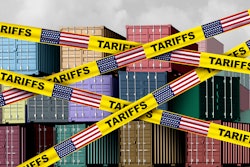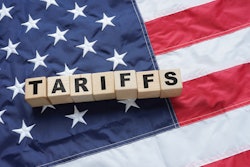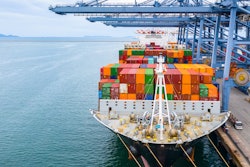
Asendia’s latest research, "Beyond Borders: Cross-border e-commerce opportunities in a fast-changing world," reveals that nearly three-quarters (72%) of global retailers are confident they will grow international e-commerce sales this year, despite 44% saying they’ve already been negatively impacted by tariffs.
The report says shipping costs (41%) and customs regulations (40%) are now deemed to be the two biggest barriers facing international sellers. One in four (24%) cite political instability as a major concern, rising to 32% in Europe.
“International retail today demands agility at every level, from out-of-home delivery option to smarter returns to more responsible logistics,” says Domenico Pereira, chief marketing officer at Asendia. “The retailers who succeed won't be the ones who wait for stability; they’ll be the ones who move first, adapt fastest, and offer customers more choice at every step.”
Key takeaways:
· One-third of retailers (33%) have introduced "returnless returns" strategies, allowing customers to be refunded without sending back lower-value or bulky items. Another 28% plan to implement the model within two years.
· Sustainability still remains a key priority. Despite the financial pressures, 41% of retailers feel compelled to lower emissions, with 33% consolidating shipments and 29% partnering with eco-certified logistics providers to reduce their carbon footprint and drive greater efficiency.
· Western Europe remains the top target market globally (34%), particularly for European brands focused on accessible expansion. Meanwhile, Chinese retailers are pivoting toward East Asia (42%) and the Middle East (38%).
· U.S. brands, on the other hand, are targeting Canada (47%) and South America (24%) for growth, though recent political tensions are prompting some to reconsider their cross-border strategies.
· Online marketplaces dominate sales channels in APAC regions like South Korea and Hong Kong, whereas in Europe and the UK, owned e-commerce websites retain a stronger foothold. Globally, 35% of retailers are investing in faster shipping capabilities, and an equal number are prioritizing AI and automation to stay competitive internationally.
“International e-commerce and logistics will face challenges moving towards carbon-neutrality,” says Amy Collins, head of global CSR engagement at Asendia. “Brands that offer tangible sustainable choices, and communicate transparently about trade-offs, will earn loyalty across borders.”




















